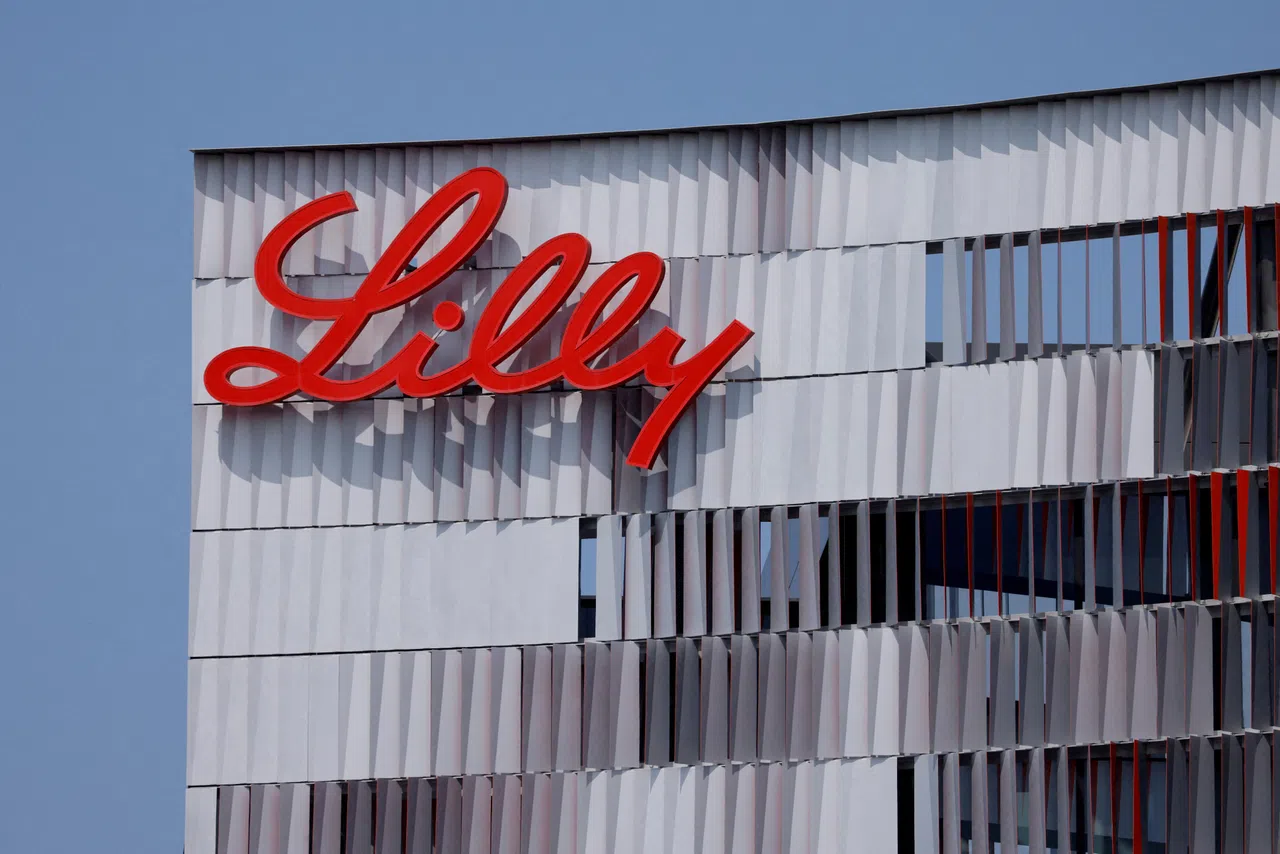ELI Lilly is pouring US$4.5 billion into a new manufacturing plant in Indiana to make drugs for future clinical trials, part of a broader push to shore up the company’s supply chain.
The first-of-its-kind plant will be located in Lebanon, Indiana, about 43.5 km north-west of the company’s Indianapolis headquarters.
The drug giant is currently building two other sites in the town, bringing its total investments there to US$13.5 billion.
Lilly’s success in weight-loss drugs has made it the most valuable pharmaceutical company in the world. The drugmaker has been investing heavily to establish a reliable supply of its weight-loss and diabetes drugs, while beginning to build production capacity for its pipeline of next-generation treatments.
The plant, called the Lilly Medicine Foundry, is expected to open in 2027. It will feature a flexible design enabling production of various types of treatments, including small molecules, biologics and nucleic acid therapies, the company said.
This will allow for streamlined manufacturing processes and increased capacity for clinical trial medicines, while reducing costs and environmental impact, the drugmaker added.
BT in your inbox
Start and end each day with the latest news stories and analyses delivered straight to your inbox.
“The company’s growing rapidly, and we need to support that,” chief executive officer Dave Ricks said last month. “We’d rather have the control. Our goal is to be self-reliant.”
Since 2020, Lilly has invested more than US$23 billion into new and existing plants. The spending is part of what executives have called the most ambitious manufacturing expansion in the company’s 150-year history, driven by unprecedented demand for its weight-loss and diabetes drugs.
Lilly is part of a manufacturing renaissance underway in the US as companies, particularly those involved in sensitive sectors like healthcare, bring more of their processes home in a bid to shorten and fortify supply chains.
Pharmaceutical companies are also contending with the US government’s burgeoning crackdown on Chinese biotechnology companies, along with consolidation among contract manufacturers.
While Lilly prefers to keep manufacturing in-house, it relies on contract manufacturers when launching or studying new types of drugs for which it does not yet have internal manufacturing capabilities, Ricks said.
The Medicine Foundry will help bring some of this back under Lilly’s roof, the company said, as Lilly prepares to study next-generation treatments in larger clinical trials.
Indiana will support the Medicine Foundry with infrastructure improvements for roads, water, electricity and other utilities, Lilly added. The state will also offer economic incentives tied to Lilly’s investment and employment goals.
Once fully operational, the manufacturing plant is expected to add 400 full-time jobs for skilled workers including engineers, scientists, operations personnel and lab technicians. BLOOMBERG







